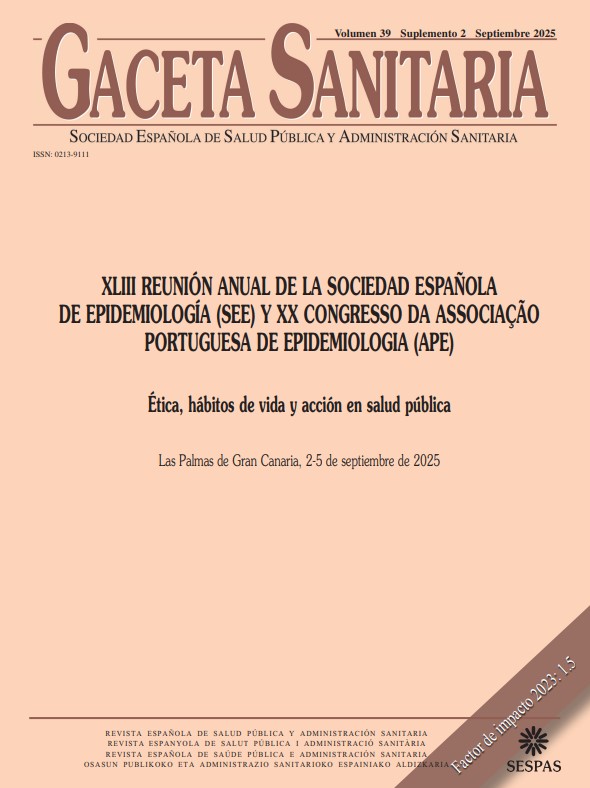904 - HOW PHARMACEUTICAL COMPANIES CIRCUMVENT RESTRICTIONS TO PROMOTION AND LOBBYING – THE CASE OF NEW DRUGS IN PORTUGAL
Nova National School of Public Health; Comprehensive Health Research Center; Faculty of Medicine, Lisbon University
Background/Objectives: The global drug market is marked by significant expenditures, with pharmaceuticals posing both a considerable economic burden and appealing business opportunities. However, profits depend on the approval, financing, and prescription of companies’ products, which drives them to develop lobbying strategies. In response, restrictions have been placed on direct payments and promotional activities. This study explores the alternative strategies employed by pharmaceutical companies to promote their products and influence public health priorities, focusing new drugs.
Methods: We design a theoretical framework for indirect advertisement and lobbying strategies, based on the literature and semi-structured interviews to stakeholders, followed with application to two case studies in the Portuguese context. We focus on new on-patent drugs with market authorization by the European Medicines Agency and submitted for public financing authorization in Portugal between 2021 and 2024. We exclude drugs that were already approved and are submitted for a new indication or population. We retrieve news from Portuguese newspapers and social media for that period, related to the disease or drug indication(s), the drug itself, and patients’ and health professionals’ views on the drug or the disease. News is retrieved using a salience analysis, using MediaCloud, and classified by drug/indication, month before and after submission for public financing, and type of narrative (opinions by key opinion leader, patients’ experience of the drug/disease, presentation of epidemiological data and scientific evidence).
Results: We expect highlighting how strategies are developed to overcome the rules regarding drug advertisement, through a large array of indirect approaches, to influence decision makers, health professionals, and patients.
Conclusions/Recommendations: More stringent rules should be considered to avoid unnecessary pressures on decision makers, health professionals, and patients, which distort the adequate allocation of limited resources.















